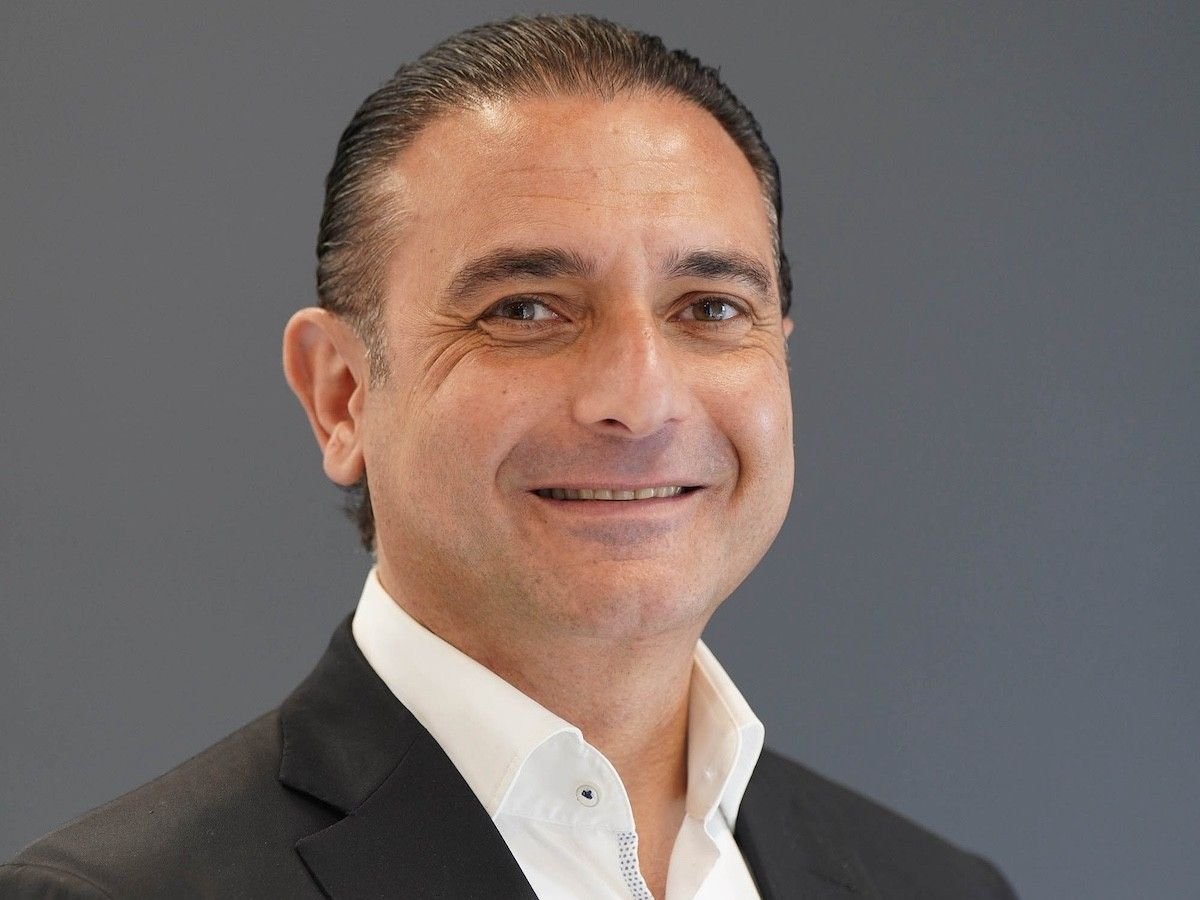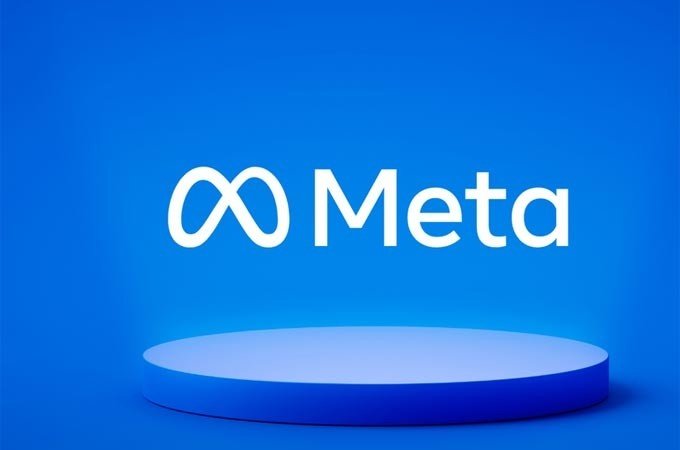Morocco is positioning itself as a regional leader in artificial intelligence (AI), leveraging national strategies, investment, and talent development to drive innovation across sectors such as finance and healthcare, according to a recent Mastercard report.
AI is central to Digital Morocco 2030, a government plan that allocates MAD 9.95 billion to create 240,000 digital jobs by 2030. The strategy emphasizes collaboration between public and private actors, with institutions like Mohammed VI Polytechnic University (UM6P) and startups such as DeepEcho leading AI research and deployment. National forums, including the MoroccoAI Annual Conference, are also shaping dialogue around AI’s role in economic transformation.
Concrete steps include building AI-focused research centers and engineering schools in Taroudant and Berkane, ensuring a steady talent pipeline. Applications are already visible: AI has reduced transaction handling times in finance by 30%, with Morocco’s digital banking sector projected to hit MAD 76.51 billion by 2028. In healthcare, AI supports scheduling in nearly half of hospitals, assists diagnoses in 30%, and has driven a 30% rise in robotic surgeries between 2020 and 2024.
Despite progress, challenges remain, including fragmented data systems, regulatory gaps, and localized technology shortages. The Economic, Social and Environmental Council (ESEC) has called for a comprehensive national AI policy to modernize regulations, strengthen research, and support startups.
With long-term planning, talent development, and targeted investment, Morocco is poised to consolidate its role as a North African AI hub and unlock broader economic growth.















